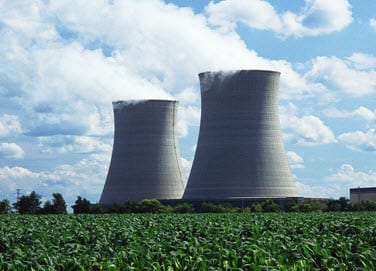 In the wake of the disaster in Japan, many are questioning whether nuclear power is safe. The continuing nuclear crisis in Japan has brought up many issues, one of them being the issue of insurance. Nearly every nation on the planet requires that their citizens have some form of insurance to cover the various aspects of their lives, such as protection for the vehicles or homes. The requirements for insuring a nuclear power plant, however, are surprisingly low.
In the wake of the disaster in Japan, many are questioning whether nuclear power is safe. The continuing nuclear crisis in Japan has brought up many issues, one of them being the issue of insurance. Nearly every nation on the planet requires that their citizens have some form of insurance to cover the various aspects of their lives, such as protection for the vehicles or homes. The requirements for insuring a nuclear power plant, however, are surprisingly low.
Japan’s nuclear disasters will cost taxpayers billions, a price that will be paid for many years. Nuclear power has long been lauded as a cheap form of energy. Analysts argue that the only reason the power is so inexpensive is because the plants can go uninsured. Tepco, operator of the Fukushima Dai-ichi nuclear power plant in Japan, has absolutely no disaster insurance.
This fact has left governments struggling to maintain a precarious balance between affordable electricity and the risk of a nuclear calamity. A nuclear disaster, depending on its severity, can mean the end for a country, regardless of how much money they have. However, some governments simply cannot afford the astronomical price of such coverage.
Germany recently sought coverage for one of its power plants. The quote they received for a worst-case nuclear disaster scenario was just over $11 trillion. The German government currently only requires that nuclear reactors be insured, which costs more than $3 billion. The cost, it seems, far exceed the government’s ability to pay.
Nuclear experts insist that the likelihood of a meltdown is very low. Ultimately, it is a question of whether society is willing risk the future without the protection of insurance.
